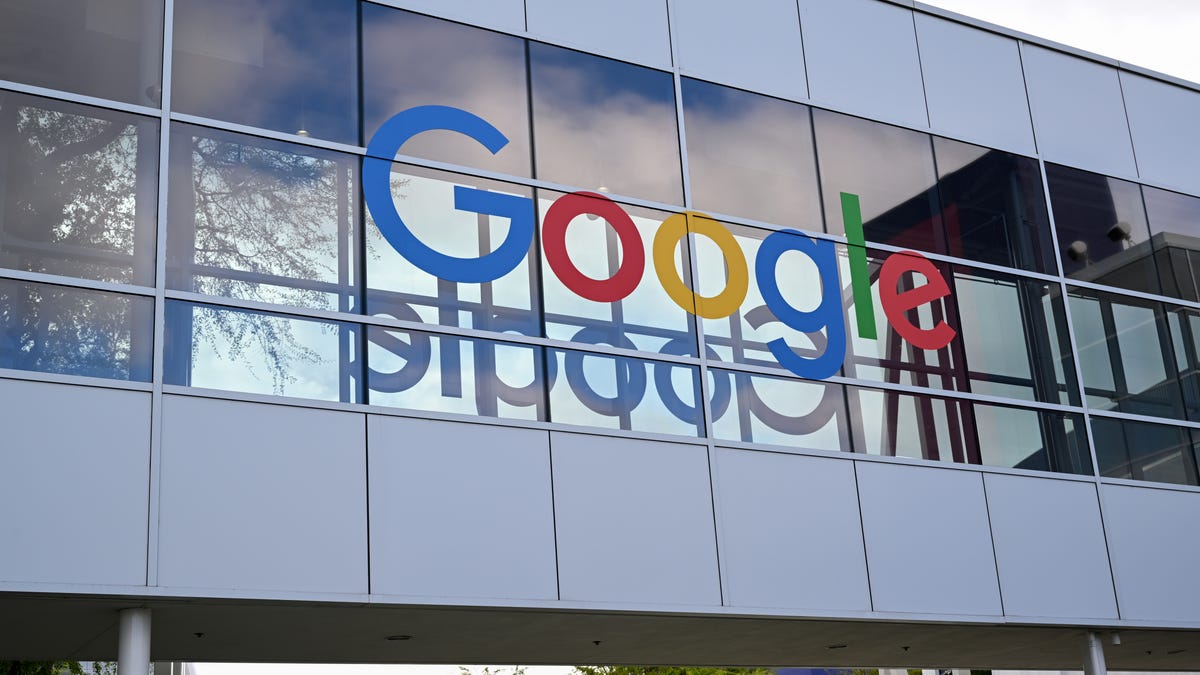In This Story
Google’s GOOGL second major antitrust trial this year, this time focusing on its dominance in the advertising market, is set to start next Monday. But Wedbush analysts aren’t too concerned with the business impacts of the case.
The “overall risk to the business is limited” based on recent financial disclosures Google made related to its advertising technology products, a group of analysts at Wedbush, led by Scott Devitt, wrote in a research note published Thursday.
In January 2023, the Department of Justice sued Google, alleging that the tech giant engaged in “anticompetitive, exclusionary, and unlawful conduct to eliminate or severely diminish any threat to its dominance over digital advertising technologies.”
The Justice Department estimated that Google’s share of the adtech market was between 40% and 90%, as of 2022.
This upcoming trial focuses on Google’s adtech stack, specifically its Ad Manager, the platform that helps publishers and advertisers manage and buy and sell advertising on sites. The federal government’s complaint only proposes the divestiture of the Google Ad Manager Suite, but doesn’t target any of the other areas of Google’s adtech stack, Wedbush noted.
“Based on our review of the available case documents and exhibits, we believe that if the company were required to divest the Google Ad Manager business, the financial impact to overall operations would be minimal,” the analysts said.
According to court filings reviewed by Wedbush, Google Ad Manager represented only 4.1% of Google parent Alphabet’s overall revenue and 1.5% of its operating profit in 2020. The analysts estimated that the division accounts for less than 1% of operating income this year.
To be sure, the analysts acknowledge the “near-term headline risk,” or potential reputational fallout, associated with the trial.
This follows a ruling in a separate antitrust case, which found that Google monopolized the online search engine market, pushing out competitors such as DuckDuckGo and Microsoft’s Bing. That was the first major tech antitrust lawsuit since U.S. v. Microsoft, a 1998 case that similarly found Microsoft monopolized computer operating systems.
Google has said it plans to appeal the court’s decision. A hearing in that case is scheduled for Friday to discuss next steps, which reportedly could involve spinning off certain parts of its business or walking away from agreements with companies, such as Apple, that made Google’s search engine the default.

